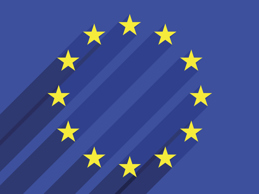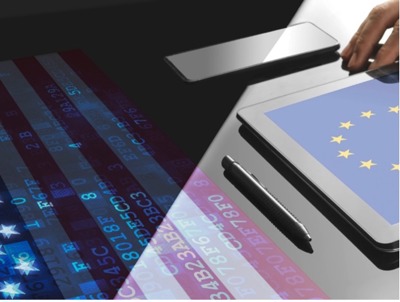
Reference: European Parliament document:
https://www.europarl.europa.eu/doceo/document/TA-9-2023-0204_EN.html
The conclusion (at the very end of the document): "..Concludes that the EU-US Data Privacy Framework fails to create essential equivalence in the level of protection.."
Below we extract some elements from the document that are important for anyone collecting data from users and potentially have the storage in the US.
The inadequacies of the decision
While the adequacy decision aims to streamline data transfer between the EU and the US, it presents several significant challenges:
- Lack of Comprehensive Legislation: The US lacks a federal data protection law like the EU's GDPR, causing concerns about uniformity in data protection across states and sector
- Uncertainty of Executive Commitment: The US President's authority to unilaterally change Executive Order 14086 weakens the agreement's stability and trustworthiness, resulting in an uncertain legal landscape for global data transfers.
- Selective Application of Principles: The DPF's core principles of proportionality and necessity aren't consistently followed in some cases, creating doubts about the framework's effectiveness and enforceability.
- Exemptions and Loopholes: The Executive Order doesn't include data obtained through other methods or laws that contradict the privacy principles in the arrangement.
- Insufficient Protections Against Surveillance: The DPF has faced criticism for not effectively addressing US surveillance practices, which could expose transferred data to broad surveillance programs without sufficient safeguards for EU citizens.
- The Questionable Independence of the DPF Panel: The DPF panel is separate from the judiciary and operates privately, which hinders transparency. Moreover, the President's power to reverse decisions or dismiss judges undermines the panel's fairness and efficiency.
Legal Challenges and organizational pushback
Some organizations have already challenged the new arrangement, saying it doesn't offer the promised level of protection or meet EU law requirements. They argue that the DPF isn't enough to safeguard EU citizens' rights against American data surveillance.
Privacy advocates and organizations are unhappy with how the DPF handles data privacy, as they believe it's not doing enough to address the current dangers. This has created distrust in the DPF's ability to uphold the EU's data protection standards.
The EU Commission has prioritized economic interests over strict data protection in its decision, leading to criticisms and legal challenges. Call for revisions to the DPF to align with EU's high data protection standards.
The adequacy decision's controversy and impacts on current framework effectiveness, regarding legal and ethical concerns, raise doubts about the reliability and security of the DPF. This calls for ongoing vigilance and advocacy for stronger data protection measures by businesses and individuals.
Snoobi Analytics can function in full-privacy mode without any cookie storage. Snoobi's servers are exclusively located in the EU. We would love to tell you more how other clients benefit from the Snoobi installation either as a replacement to current analytics or as an addition.
 FI
FI

